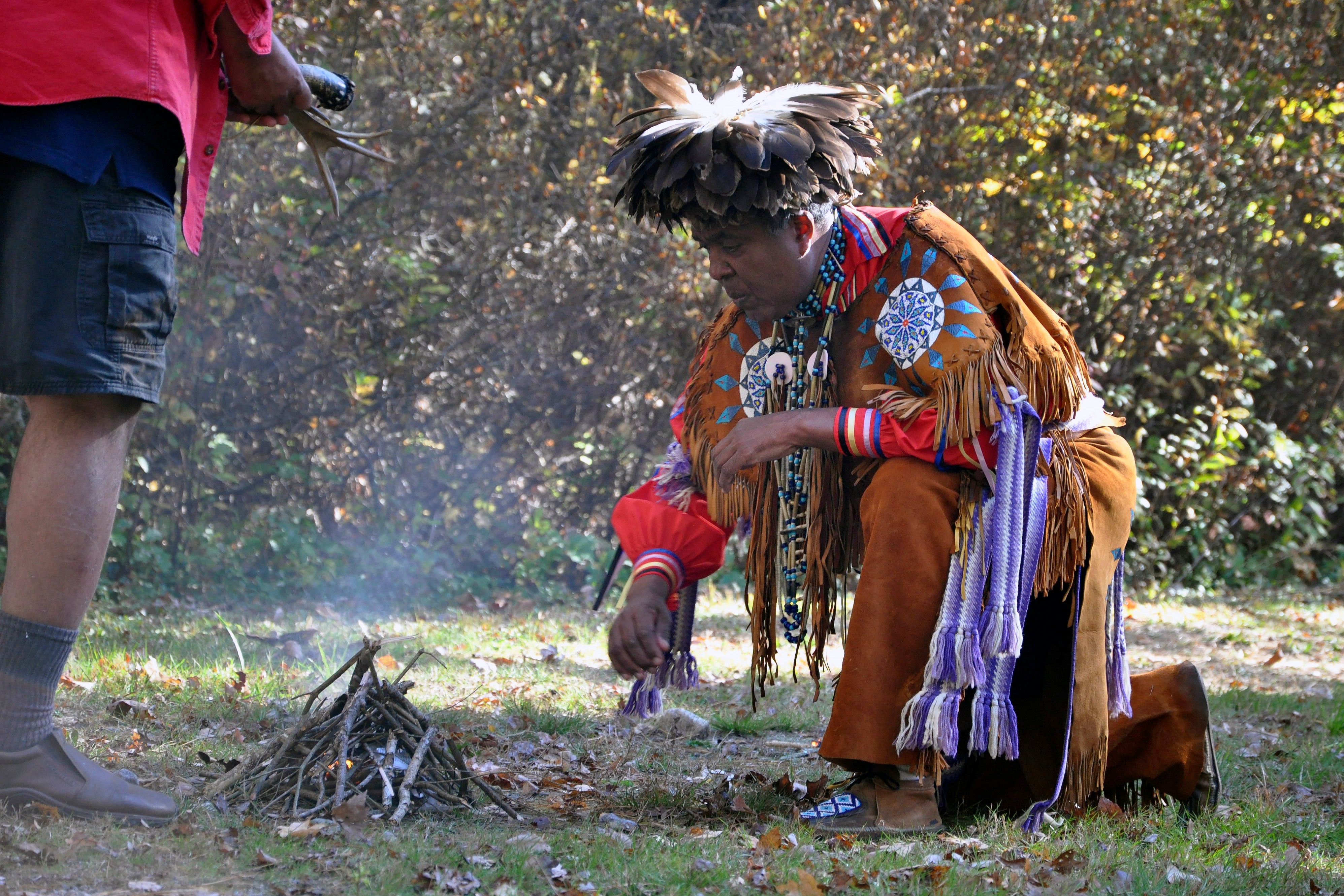Tribe given land where ancestors survived near-annihilation
The land where the Rhode Island Narragansett tribe survived near-annihilation in a battle with English colonists in 1675 has been transferred to the tribe

Your support helps us to tell the story
From reproductive rights to climate change to Big Tech, The Independent is on the ground when the story is developing. Whether it's investigating the financials of Elon Musk's pro-Trump PAC or producing our latest documentary, 'The A Word', which shines a light on the American women fighting for reproductive rights, we know how important it is to parse out the facts from the messaging.
At such a critical moment in US history, we need reporters on the ground. Your donation allows us to keep sending journalists to speak to both sides of the story.
The Independent is trusted by Americans across the entire political spectrum. And unlike many other quality news outlets, we choose not to lock Americans out of our reporting and analysis with paywalls. We believe quality journalism should be available to everyone, paid for by those who can afford it.
Your support makes all the difference.The land where the Rhode Island Narragansett tribe survived near-annihilation in a battle with English colonists in 1675 has been transferred to the tribe.
The transfer of the land from the Rhode Island Historical Society was finalized Friday. Tribal members gathered Saturday in the woods in South Kingstown at a monument commemorating what they believe to be the site of the Great Swamp Massacre, The Public's Radio reported.
They lit three fires representing the past, present and future, and recognized the return of 5 acres land they consider sacred.
The tribe’s leaders in 1636 granted land to Roger Williams, an exile of the Puritan Massachusetts Bay colony who founded what became the city of Providence Good relations with English colonists ended in the 1670s when the tribe was nearly destroyed in King Philip’s War. The battle was fought Dec. 19, 1675. Hundreds of tribal members were killed.
In 1906, the family that owned the land gave it to the historical society to preserve it. The society has been working on the transfer for four years so the tribe itself could protect the land. It required court approval because the land was held in a trust.
The Narragansetts are thankful, the tribe's medicine man and historic preservation officer John Brown III told The Boston Globe.
“For many years, the Narragansetts were visitors to a place that was theirs,” he said. “Now that this has happened, we know we can go back to a place of our forefathers, where there was happiness and sorrow, and we can go there as rightful owners.”